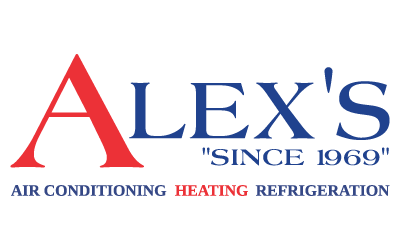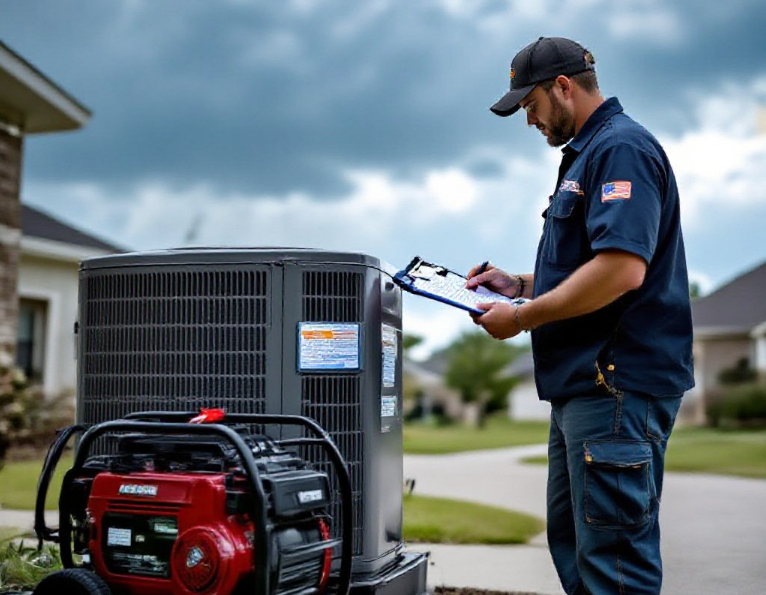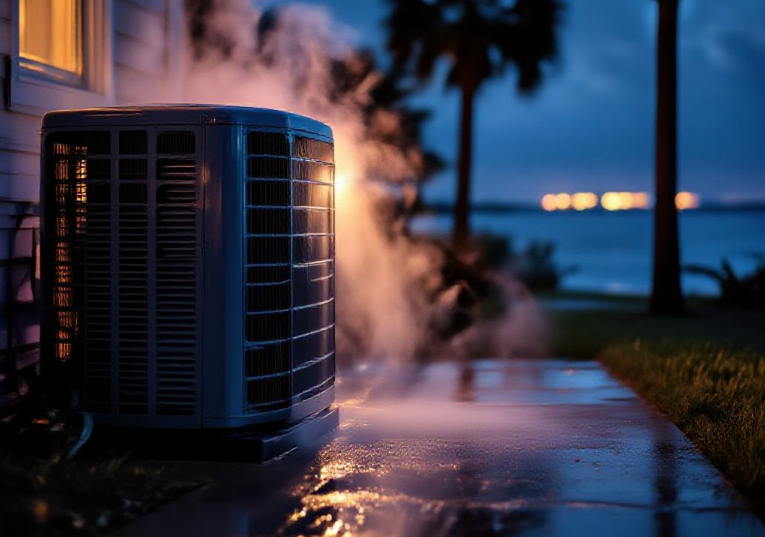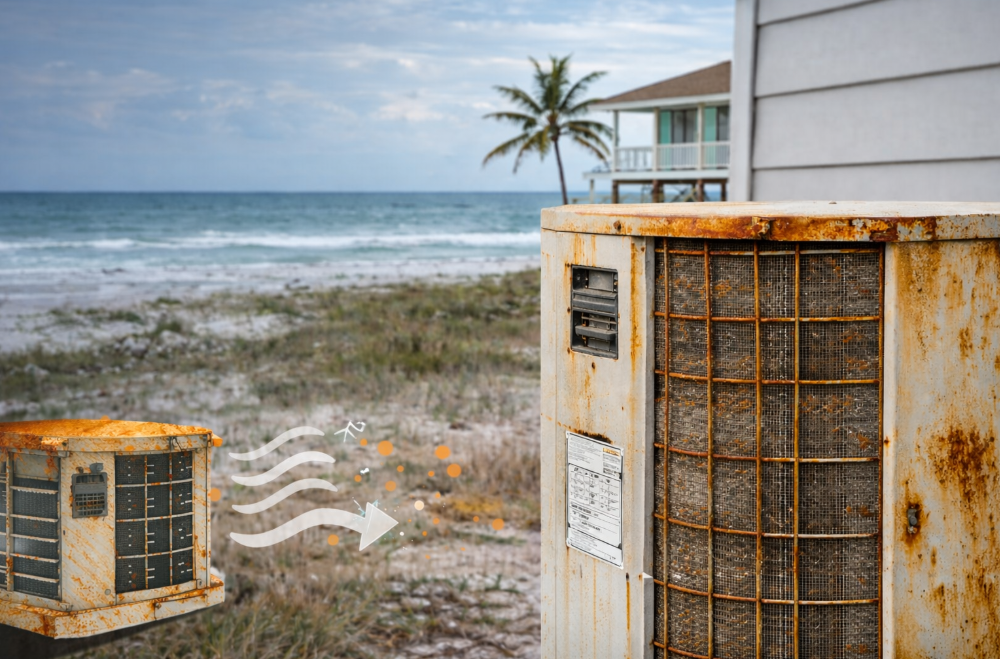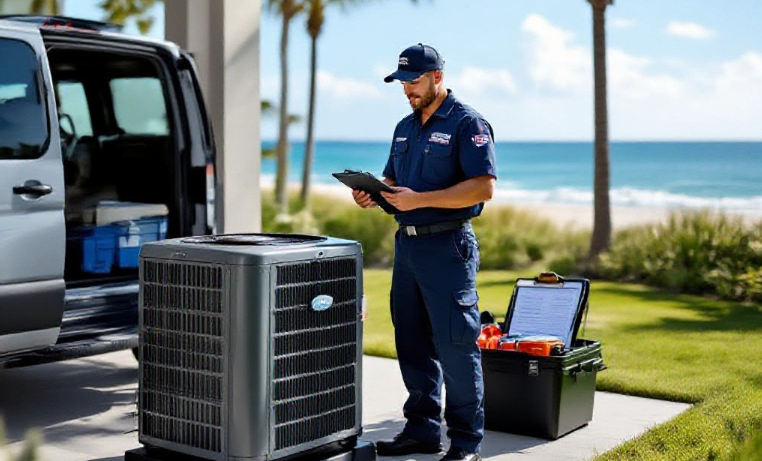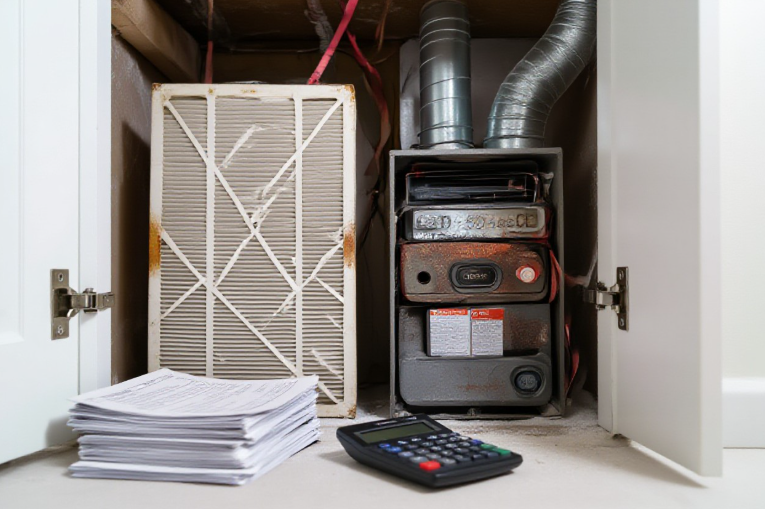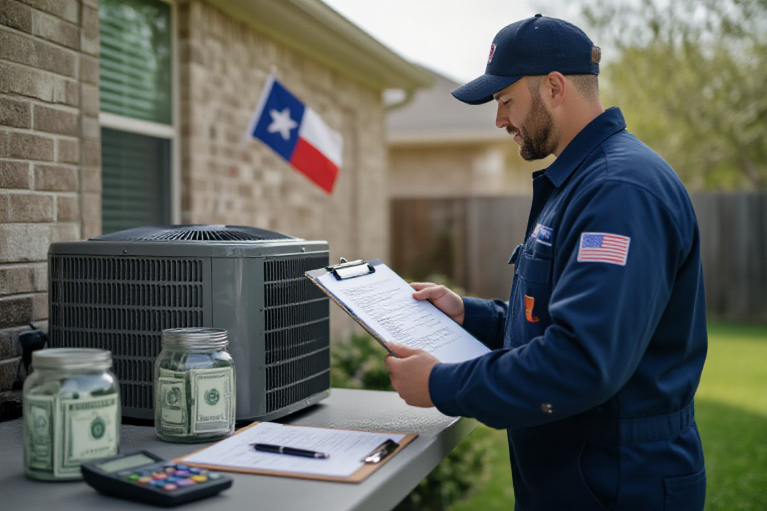Energy-Efficient HVAC Upgrades: What’s Worth It in 2025?
Introduction: Why Upgrade Your HVAC System Now?
As energy costs rise and environmental concerns grow, upgrading to an energy-efficient HVAC system is more important than ever. In 2025, advancements in technology and increased availability of incentives make it an opportune time for homeowners to invest in energy-efficient solutions. ServiceTitan
1. High-Efficiency Heat Pumps
Why They’re Worth It:
Year-Round Comfort: Heat pumps provide both heating and cooling, making them versatile for various climates.
Energy Savings: Modern heat pumps can reduce electricity use for heating by up to 75% compared to traditional electric resistance heating. ServiceTitan
Environmental Impact: They operate on electricity and can be powered by renewable energy sources, reducing carbon emissions.
Considerations:
Upfront Cost: While the initial investment may be higher, the long-term savings on energy bills can offset the cost.
Climate Suitability: Ensure the heat pump is suitable for your local climate conditions.
2. Geothermal Heat Pumps
Why They’re Worth It:
Long-Term Savings: Geothermal systems can offer significant energy savings over time and have a longer lifespan compared to traditional systems. nextlevelhvac.net
Stable Performance: They leverage the stable temperatures underground to heat and cool your home efficiently.
Low Maintenance: These systems have fewer moving parts, leading to reduced wear and tear.
Considerations:
Installation Complexity: The installation process can be more complex and may require significant modifications to your property.
Initial Investment: Higher upfront costs due to drilling and system installation.
3. Smart Thermostats
Why They’re Worth It:
Energy Management: Smart thermostats learn your schedule and adjust temperatures accordingly, reducing energy waste.
Remote Control: Allows you to control your home’s temperature from anywhere via smartphone apps.
Integration: Many smart thermostats integrate with other smart home devices for enhanced automation.
Considerations:
Compatibility: Ensure compatibility with your existing HVAC system.
Security: Choose devices with robust security features to protect your data.
4. Variable-Speed ECM Blower Motors
Why They’re Worth It:
Improved Airflow: These motors adjust airflow to meet demand, enhancing comfort.
Energy Efficiency: They use less energy compared to traditional single-speed motors.
Quiet Operation: Reduced noise levels contribute to a more comfortable indoor environment.
Considerations:
System Compatibility: Verify that your HVAC system can accommodate these motors.
Professional Installation: Proper installation is crucial for optimal performance.
5. Duct Sealing and Insulation
Why It’s Worth It:
Energy Conservation: Sealing leaks and insulating ducts can reduce energy losses by up to 20%. HomeWorks Energy
Enhanced Comfort: Ensures even distribution of conditioned air throughout your home.
Cost-Effective: Often more affordable than replacing entire HVAC systems.
Considerations:
Professional Assessment: Have a professional evaluate your ductwork for leaks and insulation needs.
Maintenance: Regular inspections can prevent future issues.
6. Refrigerant Upgrades
Why It’s Worth It:
Regulatory Compliance: New refrigerants are being introduced to meet environmental standards.
System Efficiency: Upgrading to systems compatible with new refrigerants can improve efficiency.
Longevity: Modern systems are designed to be more durable and reliable.
Considerations:
System Compatibility: Ensure your existing system can be retrofitted or if a replacement is necessary.
Professional Service: Only certified technicians should handle refrigerant upgrades.
7. Tax Credits and Incentives
Why They’re Worth It:
Financial Savings: Federal tax credits can cover up to 30% of qualified expenses for home energy upgrades, such as heat pumps and solar panels. The Sun
State and Local Programs: Many states and local utilities offer additional rebates and incentives.
Time-Sensitive: Some incentives are set to expire soon, making it crucial to act promptly.
Considerations:
Eligibility: Review the requirements to ensure you qualify for available incentives.
Documentation: Keep detailed records of all purchases and installations for tax purposes.
Conclusion: Making the Right Choice for Your Home
Upgrading to an energy-efficient HVAC system in 2025 offers numerous benefits, including reduced energy bills, improved comfort, and a smaller carbon footprint. By considering options like high-efficiency heat pumps, geothermal systems, and smart thermostats, homeowners can make informed decisions that align with their needs and budget.
Before making any upgrades, consult with a professional HVAC technician to assess your home’s specific requirements and ensure compatibility with existing systems. Taking advantage of available tax credits and incentives can further enhance the financial benefits of these upgrades.
